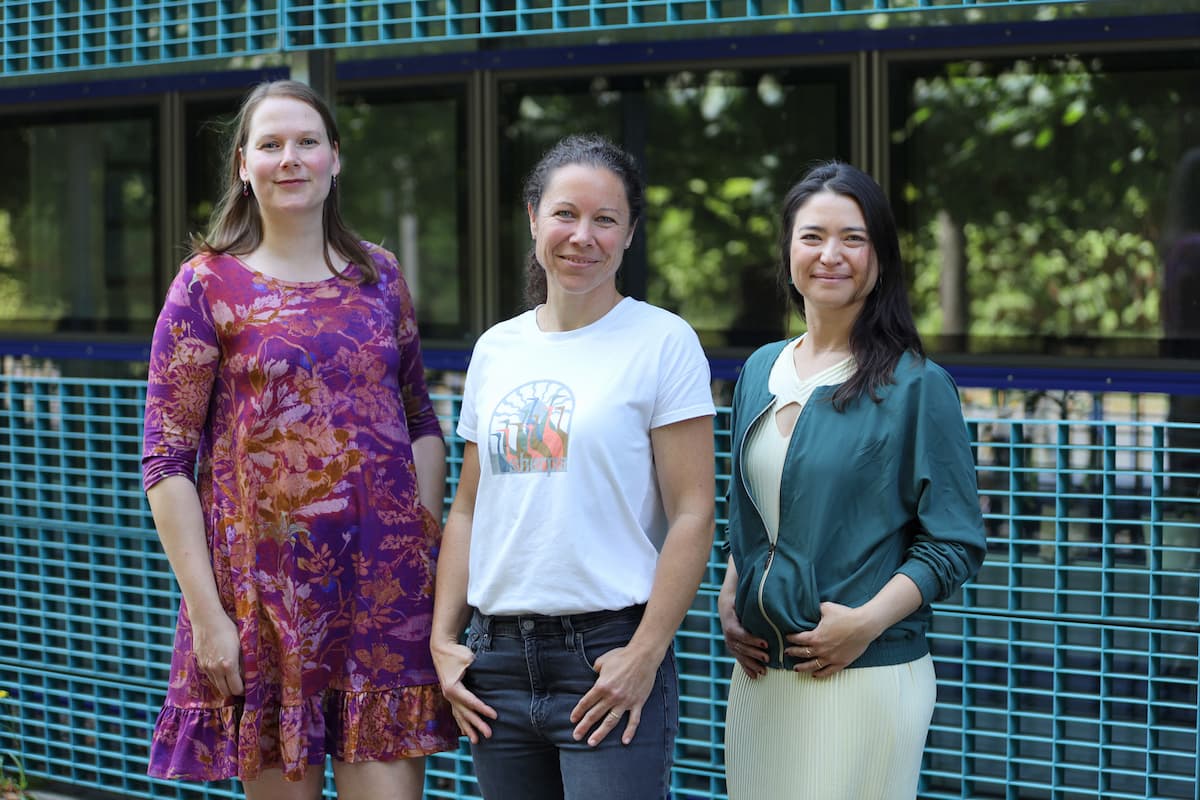Anyone seeking long-term success and job satisfaction needs a stable social background. At the Max Planck Society, we care about your work-life balance and equal opportunities. We bear in mind personal circumstances that affect our employees and their partners, and make every effort within the restrictions of public funding law to put together individual packages of measures.
The Max Planck Society recognises that the demands of professional life often conflicts with home life. Therefore, we offer extensive support to employees to strike a healthy balance between the two.
The Max Planck Society offers:
The Max Planck Society is the only German scientific organization that qualifies for the non-profit-making PLC "work and family" certificate, which acknowledges its family-oriented personnel policy.
If you have any questions or comments regarding equal opportunities at the MPI-CBG and the CSBD, please contact the Institute’s Equal Opportunities Commissioners via
equalopportunities(at)mpi-cbg.de

For all issues related to sexual harassment, discrimination and family, please contact the Gender Equality Officers via geo(at)mpi-cbg.de.
All people (staff and guests) at MPI-CBG have access to resources and advice regarding harassment, mobbing and discrimination (collectively referred to as ‘incidents’). A few of the guiding principles are summarized in bullet point form here:
Further information and resources (including central resources provided by the Max Planck Society) are available here: